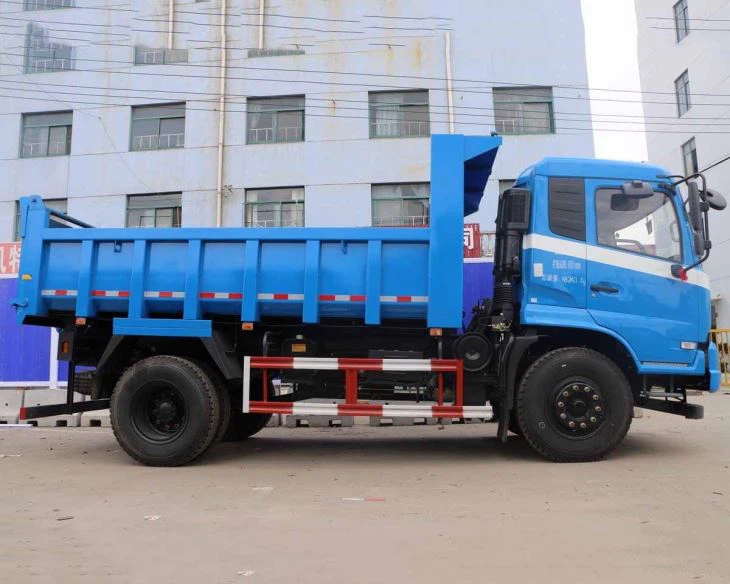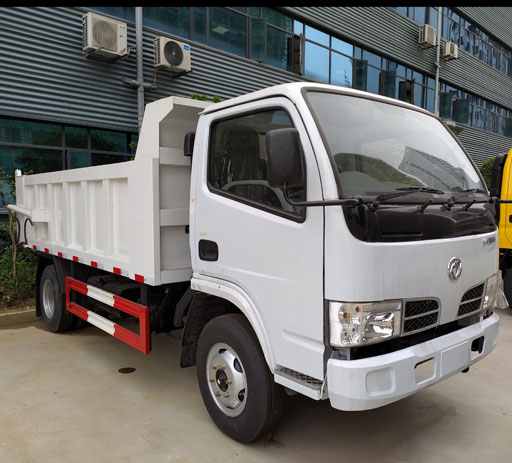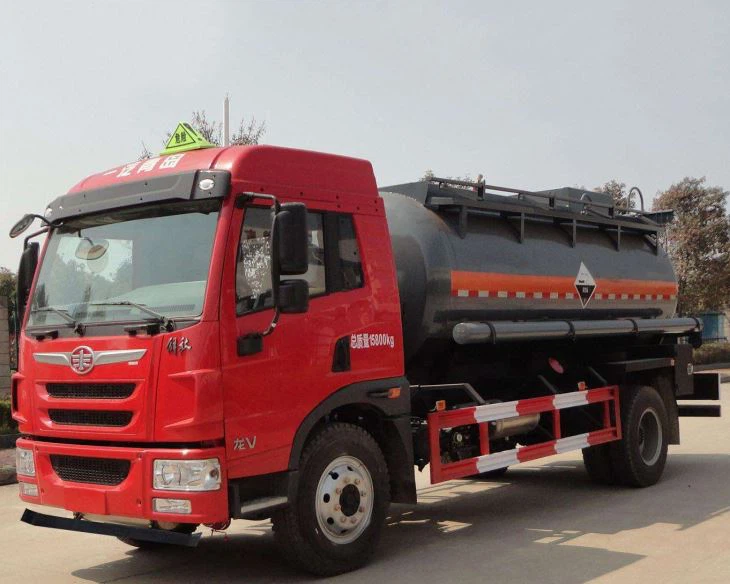Exploring Alternatives: Another Word for Motorhome

Introduction
Motorhomes have become increasingly popular among travelers seeking adventure and flexibility. But did you know there are several other terms that describe motorhomes or similar vehicles? This article will delve into the various synonyms for motorhomes, their distinctions, and how they fit into the realm of recreational travel. We’ll explore their features, the lifestyle surrounding them, and provide practical examples and tips for choosing the right option for your adventures.
Understanding Motorhomes
Motorhomes, often referred to as recreational vehicles (RVs), are self-propelled vehicles that offer living quarters for travel. They come equipped with essential amenities like kitchens, bathrooms, and sleeping spaces, allowing travelers to hit the road without sacrificing comfort.
Types of Motorhomes
Motorhomes can be classified into three primary categories: Class A, Class B, and Class C. Each class has unique characteristics that cater to different needs and preferences.
Class A Motorhomes
Class A motorhomes are the largest and often the most luxurious option. They resemble buses and provide ample living space, making them perfect for families or long trips.
Class B Motorhomes (Camper Vans)
Class B motorhomes, or camper vans, are compact and easy to maneuver. They are ideal for solo travelers or couples looking for a more affordable option.
Class C Motorhomes
Class C motorhomes are a middle ground between Class A and Class B, featuring a distinctive cab-over design that provides extra sleeping space. They offer a balance of size, comfort, and cost.
Another Word for Motorhome
Now that we understand motorhomes, it’s essential to highlight the various terms that people use interchangeably. Below are some alternative names for motorhomes, each signifying slightly different features or forms of travel.
1. Recreational Vehicle (RV)
The umbrella term ‘recreational vehicle’ encompasses motorhomes, as well as other types like travel trailers and fifth wheels. RVs are designed for leisure and travel, serving multiple purposes such as camping and road trips.
2. Camper Van
Camper vans are smaller, more maneuverable vehicles that offer basic amenities for short trips. They are popular among outdoor enthusiasts and solo travelers for their convenience and ease of use.
3. Travel Trailer
While travel trailers are not motorized, they offer similar living accommodations. They are towed by other vehicles and can be an excellent option for travelers who prefer to leave their accommodations behind when exploring local attractions.
4. Fifth Wheel
A fifth wheel is another type of towable RV that provides more living space than a traditional travel trailer. It attaches to a specially designed hitch in the bed of a truck, offering stability and a comfortable travel experience.
5. Caravan
The term ‘caravan’ is commonly used in the UK and Australia. It refers to a type of towed RV, similar to a travel trailer. Caravans come in various sizes and are favored for family vacations and longer camping trips.
6. Camper
This term can refer to many types of RVs, particularly those designed for short stays. It includes camper vans, truck campers, and pop-up campers, which are more mobile and easy to set up.
Choosing the Right Type for Your Needs
With so many options available, it’s crucial to determine which type of vehicle best matches your travel plans. Here are practical tips to help you choose the right option.
Assess Your Travel Style
Do you prefer to travel alone, with family, or in a large group? Your travel style will influence your choice of vehicle. Class A motorhomes are ideal for families, while camper vans work well for solo travelers.
Consider Your Budget
Your budget plays a vital role in this decision. Class A motorhomes can be expensive, whereas budget-friendly options like camper vans or used travel trailers might suit your finances better.
Evaluate Space Requirements
Think about how much living space you need. Larger families may need Class A motorhomes for comfort, while couples might be comfortable in a camper van.
Research Amenities
Identify the amenities you desire in your vehicle, such as bathrooms, kitchens, or sleeping arrangements. Evaluating these features helps in determining what fits your preferences.
Benefits of Owning an RV or Motorhome
Investing in an RV or motorhome comes with numerous advantages. Here are several key benefits to consider.

Flexibility
Owning an RV allows you the freedom to travel at your own pace. You can change destinations spontaneously and avoid hotel reservations.
Cost-Effectiveness
For frequent travelers or families, motorhomes can provide cost savings over time compared to traditional hotel accommodations, especially during peak seasons.

Comfort
Motorhomes provide a familiar and comfortable living space. With your own cooking facilities and sleeping arrangements, you can enjoy home-like amenities on the road.
Connection with Nature
Traveling in an RV allows you to explore national parks and scenic destinations, fostering a deeper connection to nature and outdoor activities.
Essential Tips for Motorhome Travel
Ready to embark on your motorhome adventure? Here are some essential tips to ensure a smooth journey.
1. Plan Your Route
Before hitting the road, outline your travel route. Use map applications to identify suitable campgrounds and attractions along the way.
2. Pack Wisely
Bring essential items such as food, cooking equipment, outdoor gear, and personal belongings. Remember to consider space limitations when packing.
3. Stay Organized
Keep your motorhome organized to maximize space. Use storage solutions such as bins and organizers to maintain a tidy living environment.
4. Familiarize Yourself with Your Vehicle
Before embarking on your trip, take time to learn about your motorhome’s features and operation. Understanding the controls and systems is crucial for a safe journey.
5. Check Local Regulations
Research local laws and regulations related to RV camping, as different areas may have various rules for parking and cooking.
Common Misconceptions about Motorhomes
Despite their popularity, several misconceptions surround motorhomes. Here are a few common ones.
1. Motorhomes are Expensive to Maintain
Maintenance costs vary by vehicle and usage. Many owners find that regular maintenance and proper care can keep costs manageable.
2. Motorhome Travel is Only for Camping
While camping is a significant use case, RVs can be used for a variety of travel styles, including road trips and tailgating at events.
3. RVs are Hard to Drive
Many modern RVs are designed for ease of driving, and with practice, most people can adapt to driving recreational vehicles.
Driving Tips for New Motorhome Owners
If you’re new to driving larger vehicles, consider taking a driving class or practicing in a safe area before hitting the open road.
Frequently Asked Questions (FAQs)
1. What is the average cost of a motorhome?
The average cost of a motorhome can range from $10,000 for a used model to over $300,000 for a new, high-end Class A motorhome. It ultimately depends on the type and features.
2. Are motorhomes good for families?
Yes, motorhomes are excellent for families, providing spacious accommodations, cooking facilities, and the flexibility to travel together comfortably.
3. How do I choose the best campground?
Consider factors such as location, amenities, campsite size, and reviews from other travelers to choose the best campground for your needs.
4. Can I tow a car with my motorhome?

Many motorhomes can tow a car, but it’s essential to check your vehicle’s towing capacity and ensure your car is towable.
5. Do I need a special license to drive a motorhome?
In most cases, a standard driver’s license is sufficient to drive a motorhome. However, some larger vehicles may require a special license depending on local regulations.
6. What are the top safety tips for motorhome travel?
Prioritize safety by always wearing seatbelts, checking blind spots, driving at safe speeds, and keeping essential safety equipment onboard.
